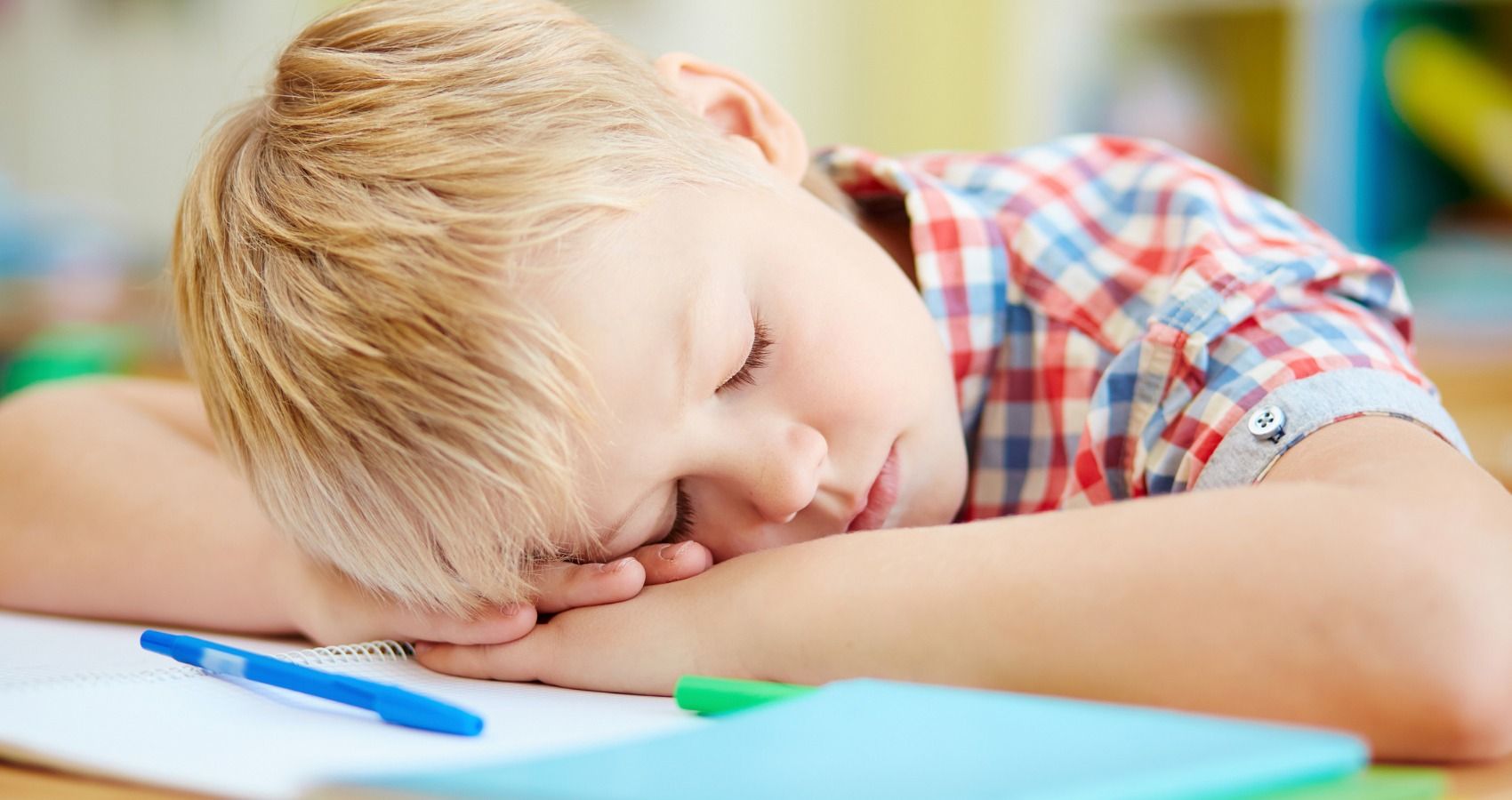If you've spent any real amount of time with kids, you know they do better if they take a nap. Naps are a great way to reset in the middle of the day. Especially for school age kids. There are a million reasons they're tired by midday: having to get up early and the monotony of sitting in class all day being big ones. New research shows that school age kids who nap are happier, have less behavioral issues and do better academically.
The research comes from the University of Pennsylvania and the University of California Irvine. And it shows that kids who get 30 to 60 minutes of sleep midday are at least three times happier. They also have more resilience and self-control in addition to excelling academically and have a higher IQ.
Approximately 3,000 fourth, fifth and sixth graders between the ages of 10 and 12 were studied. Results showed higher levels of happiness, self-control and resilience, and the higher IQs were more evident with the sixth graders.
"Children who napped three or more times per week benefit from a 7.6% increase in academic performance in Grade 6," says Adrian Raine, one of the paper's co-authors. This is hugely beneficial for the students, and would likely be for schools as well. Because approximately 20 percent of kids suffer from daytime drowsiness, plenty of research has been done on the subject. We've heard lots of information about the negative effects sleep deprivation has on cognition, and the emotional and physical issues. But previous research has mostly focused on kids before preschool.
One of the main reasons there isn't a lot of data on older kids and naps is because by school age, kids in the United States don't really nap. It's not made apart of their school day as it is in places like China. They used the China Jintan Cohort Study, which was established in 2004 to follow its participants from toddlerhood to adolescence.
"Many lab studies across all ages have demonstrated that naps can show the same magnitude of improvement as a full night of sleep on discrete cognitive tasks. Here, we had the chance to ask real-world, adolescent schoolchildren questions across a wide range of behavioral, academic, social, and physiological measures," says UC Irvine sleep researcher Sara Mednick.
They got data from 2,298 students about their napping habits between grades four and six. And then they collected more data once the students were in sixth grade about things like happiness, body mass index and glucose levels. Teachers provided information about each student's academic and behavioral details.
Mednick notes unsurprisingly, "the more students sleep during the day, the greater the benefit of naps on many of these measures." Seems that this information will be helpful, especially as we find ways to make children more academically successful in school.
READ NEXT: Taking A Nap Each Day May Be The Secret To Keeping Your Heart Healthy

